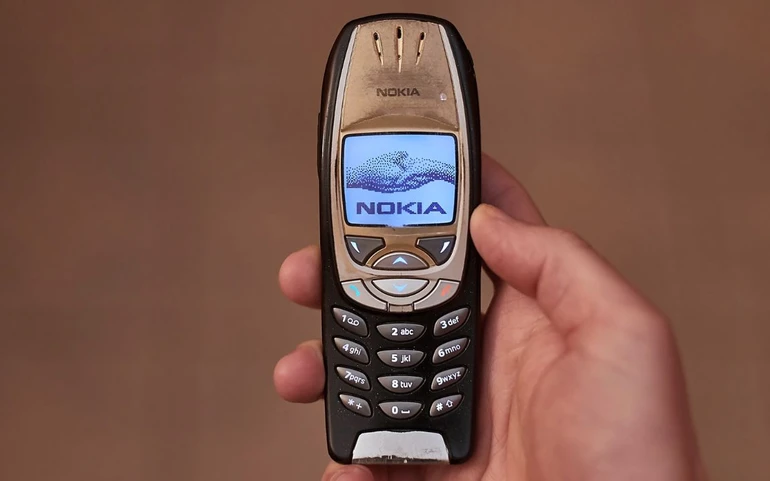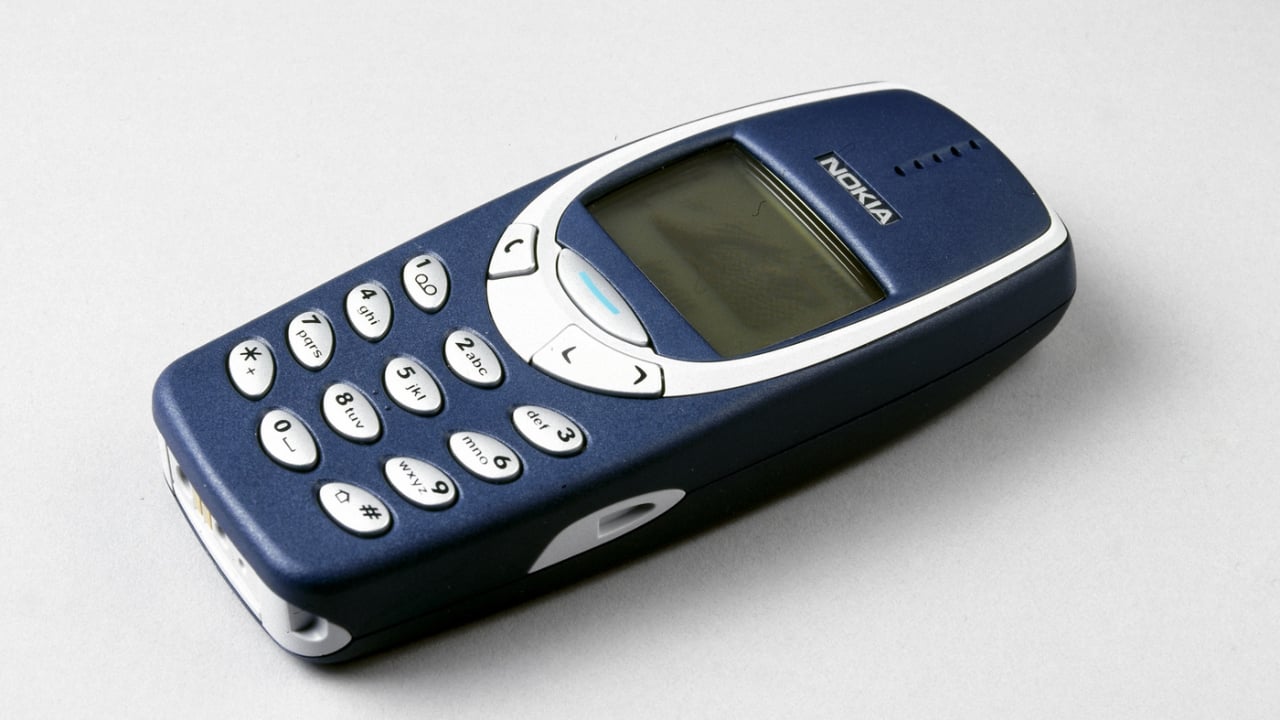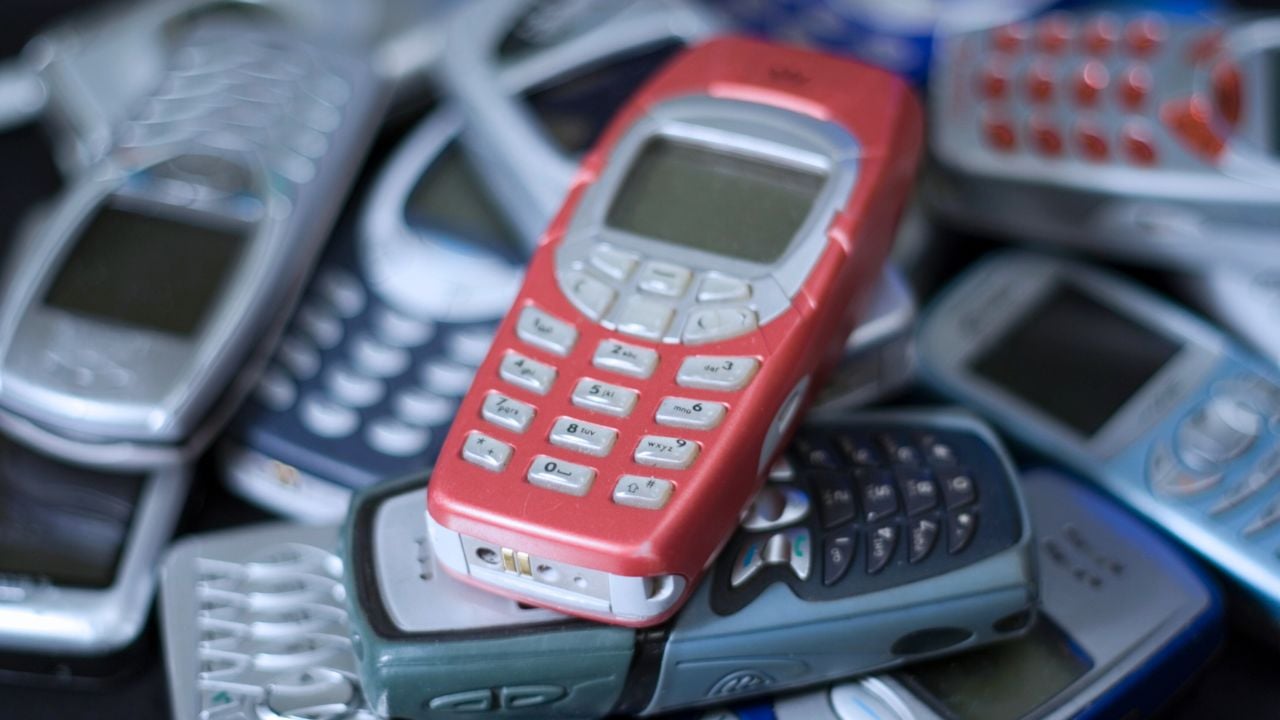Top 10 Diversity, Equity & Inclusion (DEI) Training Programs for 2024
What Happened To Nokia? How the Brick Phone Died

Remember those indestructible phones, the ones that could survive anything? You could throw them at a wall, drop them, and even run over them with a car and they'd still apparently come out unscathed.
This 'brick' phone design dominated the early 90s and the early 2000s. It provided people with all the features of a telephone in the palm of their hands, while at the same time offering never-before-seen features like texting and an alarm clock.
And at the center of this 'brick' phone revolution was Nokia. The company pioneered the practical, indestructible design - with phones like the Nokia 1100 and the Nokia 1110 becoming the most sold mobile phones of all time.
But ask something born in the age of smartphones and the internet what Nokia is, and they might not even know what you're talking about. So, what happened to the Finnish tech giant?
In this article, we'll be delving into what happened to Nokia, exploring why it failed, who owns Nokia today, and whether the company still makes phones.
What is Nokia?
Nokia is a Finnish technology company that was founded in 1865. It started out as a paper mill but over time evolved into a telecommunications giant, pioneering the early mobile phone industry.
Though their focus has now shifted from mobile phones, Nokia remains a major player in network equipment, technology research, and patent licensing, focusing on areas like mobile networks, cloud technologies, and the Internet of Things.

Nokia was once synonymous with the mobile phone. Known for their seemingly indestructible build and impressive battery life, they could withstand drops, bumps, and even the occasional dunk in water. This was a huge selling point for users who needed a reliable phone that could handle the wear and tear of daily life.
In an era where battery life was a major concern, Nokia phones stood out. They offered longer battery life than competitors, allowing users to stay connected for days without recharging. This was a game-changer, making mobile devices truly ‘mobile’.
These key features and a clever marketing strategy propelled them to the top of the mobile device industry. Nokia marketed their phones as fashion accessories, allowing users to swap colourful covers like watch straps and managed to transform a communications device into an avenue for personal style. This innovative approach helped them rapidly capture younger audiences.
What Happened to Nokia?
Nokia made some of the most popular mobile phones of the late 1990s and early 2000s. But while Nokia dominated the feature phone market, they were too slow to adapt to the rise of smartphones in the mid-2000s, and ended up falling behind competitors like Apple and Samsung.
This was partly due to internal resistance to change and a focus on their existing Symbian operating system, which simple couldn't compete with iOS and Android and was much slower and clunkier.
In 2013, Nokia sold its mobile phone division to Microsoft in a strategic move that ultimately did not work out. Microsoft offered Nokia a partnership with Windows Phone, promising a powerful and integrated ecosystem with their desktop products. However, the Windows Phone never achieved the app diversity of iOS and Android.
This was a major deterrent for users who relied on various apps for daily needs and entertainment. Developers became hesitant to create apps for a platform with a smaller user base, further perpetuating the lack of app choices.
In 2014, Microsoft acquired Nokia's mobile phone division, aiming to fully control the platform. During this time Microsoft's focus shifted away from the consumer market, leading to a decline in the quality of Windows Phones. By 2015 Microsoft attempted to rebrand their phone division as ‘Windows 10 Mobile’, however, it was too late to compete with Android and iOS.
Why did Nokia Fail?
Nokia failed because it was slow to adapt to the rise of smartphones. Apple and Android revolutionized the industry with touch screens, app ecosystems, and sleek designs, while Nokia's devices were outdated and lacked the user-friendly interface and app ecosystem that became crucial for smartphones.

The decision to partner with Microsoft and rely on the Windows Phone platform ultimately proved disastrous for Nokia. Windows Phone never gained significant traction due to the lack of apps, developer disinterest and ineffective marketing.
Nokia failed to adapt to the changing landscape, missed crucial opportunities, and ultimately made strategic missteps with its technology and partnerships.
Who Owns Nokia?
Nokia is currently owned by HMD Global. Nokia originally sold its mobile phone division to Microsoft in 2013 who operated it under the name "Microsoft Mobile."
In 2016, HMD Global, a company founded by former Nokia employees, acquired the rights to license the Nokia brand and began producing new Nokia-branded smartphones running on the Android operating system.
While Microsoft once owned Nokia's mobile phone business, it is currently HMD Global that holds the rights to the Nokia brand.
Does Nokia Still Make Phones?
Yes, Nokia still makes phones, though Nokia itself doesn't directly manufacture the phones anymore. HMD Global, a company founded by former Nokia employees, holds the license to the Nokia brand and currently produces Nokia phones.
The new focus for Nokia phones is on budget and mid-range models, offering affordable and reliable smartphones. They also produce some feature phones that cater to users who prefer simpler devices.
Though Nokia is certainly not a dominant player in the mobile phone industry anymore, especially compared to giants like Apple and Samsung, it still offers a range of smartphones for various needs and budgets.
Nokia leaves behind a legacy as a pioneer in mobile communication and serves as a cautionary tale for businesses on the dangers of complacency.


























